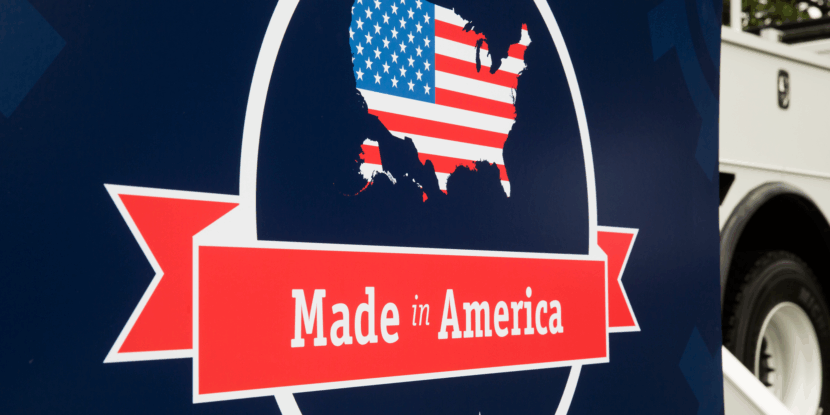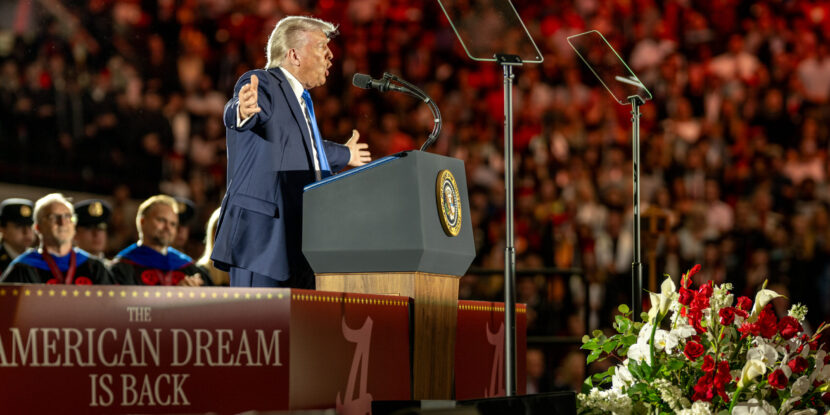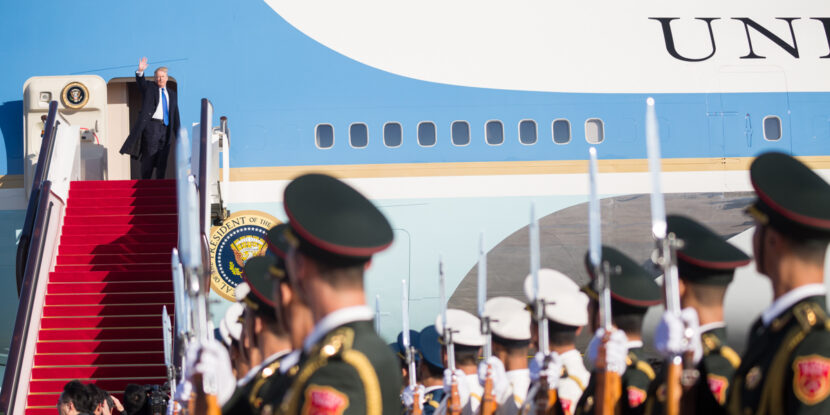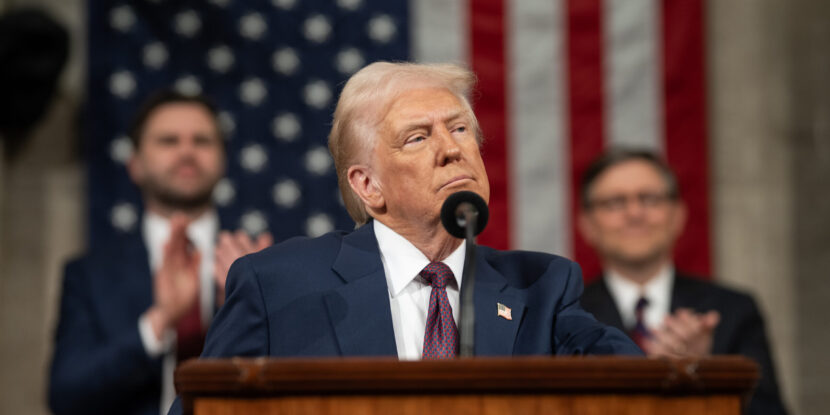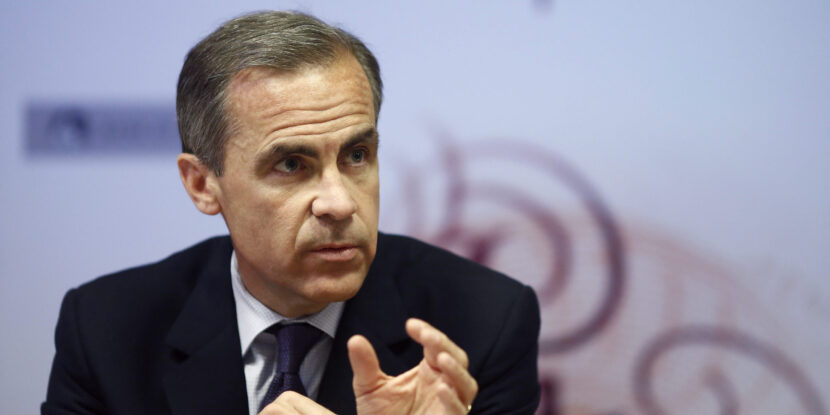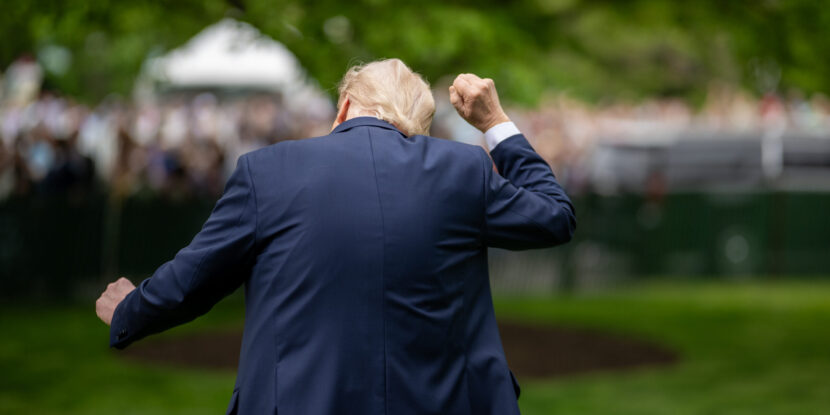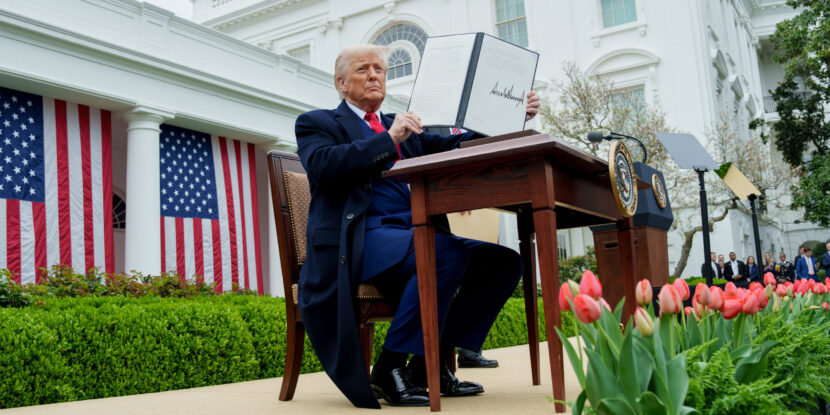PULSE POINTS:
❓What Happened: Protests erupted in China after factory closures linked to President Donald J. Trump’s 145 percent tariff on Chinese goods.
👥 Who’s Involved: Chinese factory and construction workers, President Trump, U.S. Treasury Secretary Scott Bessent, and China’s Commerce Ministry.
📍 Where & When: Protests took place in Suining, Sichuan province, Hunan province, and Inner Mongolia, with workers complaining they have not been paid since the beginning of the year.
💬 Key Quote: President Trump has stated he will “lower” the tariff on China “at some point,” but for now the trade duties will remain in effect.
⚠️ Impact: The tariff has put approximately 16 million Chinese jobs at risk, leading to significant unrest among Chinese workers.
IN FULL:
Protests have erupted across China following the shutdown of several factories, a consequence of President Donald J. Trump’s 145 percent tariff on Chinese goods. The unrest has seen workers in various regions of China, including Suining in Sichuan province, Hunan province, and Inner Mongolia, take to the streets demanding unpaid wages and benefits.
The turmoil began when factory workers at an electronics plant in Suining protested over not receiving their pay. Similarly, hundreds of employees at Guangxin Sports Goods in Hunan province went on strike after the factory closed without settling wages or Social Security benefits. In Inner Mongolia, construction workers resorted to threatening suicide over unpaid dues, highlighting the severe financial strain faced by many.
The Chinese manufacturing sector is feeling the pinch as the government grapples with President Trump’s tariffs, which are intended to rebalance global trade in favor of American workers who have been undercut by China’s comparatively low pay and underhanded tactics such as currency manipulation. The manufacturing purchasing managers’ index reveals that new export orders in China have plummeted to their lowest since the COVID-19 pandemic, with manufacturing job numbers similarly declining to levels not seen since February 2024.
China’s National Bureau of Statistics attributes the downturn to “sharp changes in the external environment.” An estimated 16 million jobs across various Chinese industries are now at risk due to the tariffs.
In response, China has made moves to alleviate the economic strain by exempting approximately $40 billion worth of U.S. imports from its own 125 percent retaliatory tariffs. Despite ongoing behind-the-scenes discussions, formal trade negotiations between the U.S. and China have yet to materialize. President Trump, speaking on NBC’s Meet the Press, has expressed a willingness to “lower” the tariffs eventually, noting that China is eager to continue business.
U.S. Treasury Secretary Scott Bessent has remarked that the trade war is “not sustainable on the Chinese side,” suggesting that the Chinese economy is already experiencing significant slowdowns. Meanwhile, companies are investing substantially in making products in America, so they will not be subject to import duties.
show less